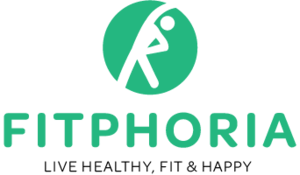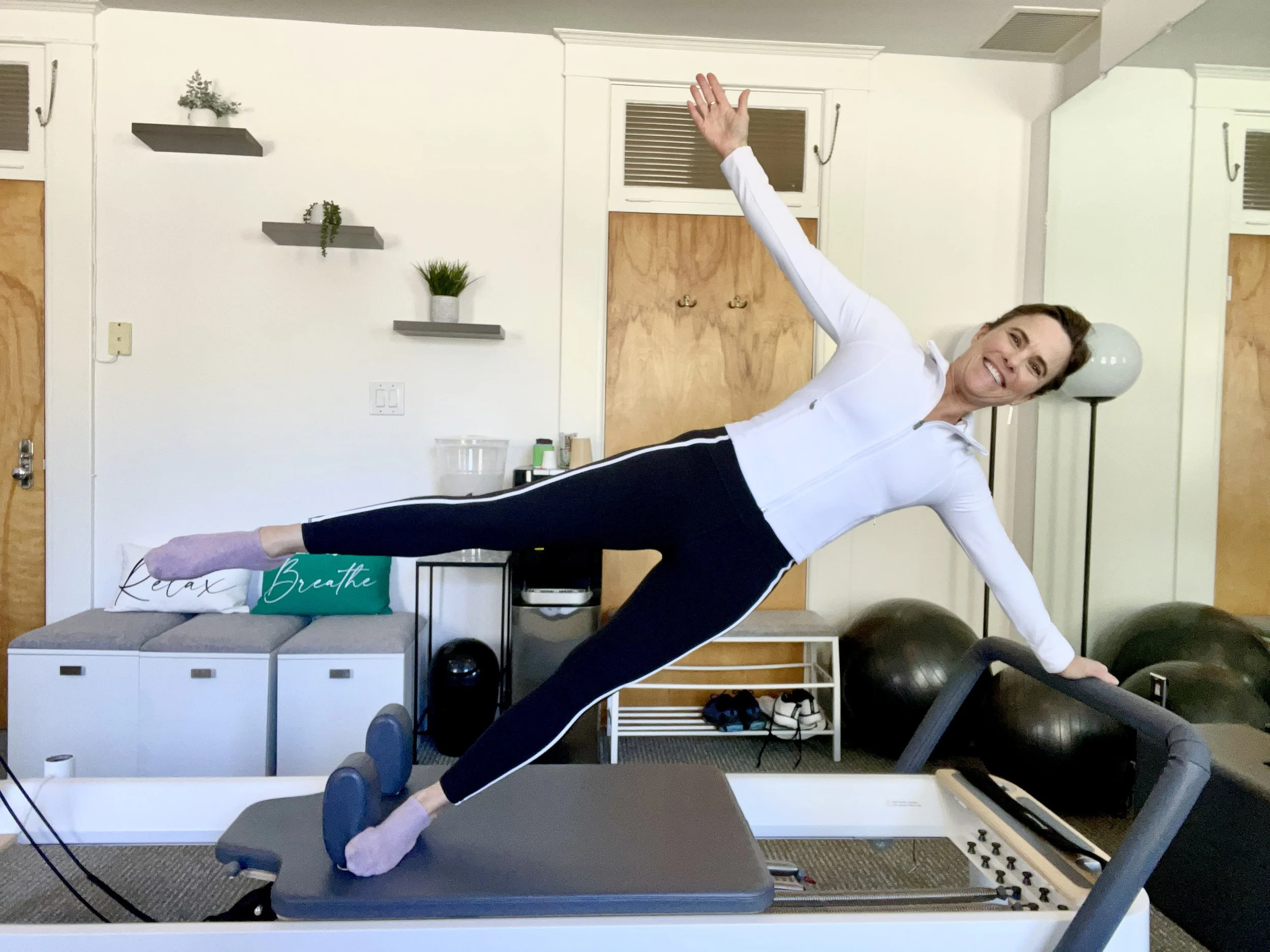Bone Health Matters: Are You Taking Action?
/Many of my clients tell me they want to stay fit so they can age well. This might mean preventing disease, avoiding pain, or feeling young. So what do we need to do to age well? Keeping your heart strong and healthy with cardiovascular fitness, staying strong by challenging your muscles, and working to maintain healthy bone density should all be considerations in your fitness plan.
Today I want to talk about bone health. As we age, our bodies will lose bone density. The problem is if they can get so weak that they break just doing regular activities of daily living. The spine, hips and wrists are of particular risk.
You may have heard about osteoporosis, which defined as a “systemic skeletal disorder characterized by a decrease in bone mass and density, leading to weakened bones that are more susceptible to fractures.” My Pilates education taught me about osteoporosis and how to train clients safely with the disorder. But I didn’t think too much about it until my mom was diagnosed with it three years ago and became a client. Then, I decided to take a course in medical fitness that addressed the condition in more detail, even though I thought of it an older person’s disease.
Until recently. Now I’m seeing the condition in people in their 60s, even those who are considered active and physically fit. Therefore, I’m convinced that no matter what your age, you should be focused on preventative measures to keep your bones strong.
Why do bones lose density? In your lifetime, your bones go through a process of breaking down and rebuilding (called remodeling), which builds strength. This process is effected by various factors:
1. Hormones, particularly estrogen, which makes post-menopausal women more prone to osteoporosis.
2. Exercise, specifically weight-bearing activities and impact activities (think running and jumping), which stimulate bone formation.
3. Nutrition, which includes not only what you put in your body, but what you should avoid.
Foods containing Calcium, such as leafy green vegetables like kale and broccoli, calcium-set tofu, fortified plant milks and yogurts, almonds, chia seeds, sesame seeds, and legumes.
Vitamin D, which increases ability to absorb calcium. Sun exposure helps, but many people are deficient due to not enough time outdoors and use of suncreen, so supplementing may be appropriate.
Foods and beverages that can deplete Calcium from your body should be limited, such as alcohol, caffeine, excessive salt, and highly processed foods.
It’s important to get a bone screen to determine your bone density, especially if you’re age 50 or older. Note that bone density scores are based on the average bone density levels for “healthy young adults.” The normal range for bone density test results, also known as T-scores, is as follows:
T-score +1.0 or higher: Normal bone density
T-score between -1.0 and -2.5: Osteopenia (low bone mass)
T-score -2.5 or lower: Osteoporosis
Since bone density decreases with age, you should discuss your results with a medical professional to determine the best course of action. And if you’re ready to develop a fitness plan for healthy bones, feel free to contact me for a consultation.



